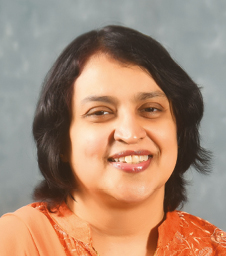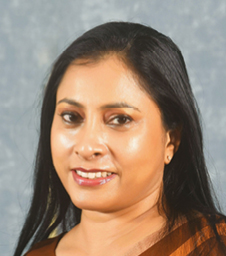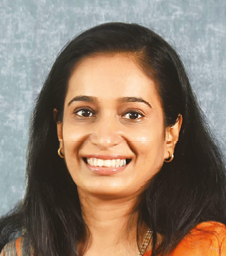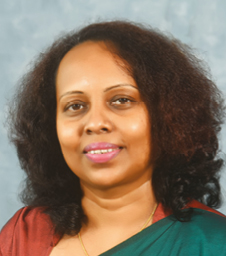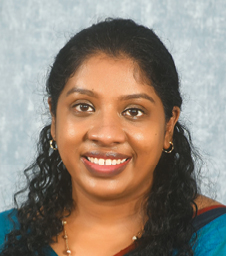JOHN KEELLS HOLDINGS
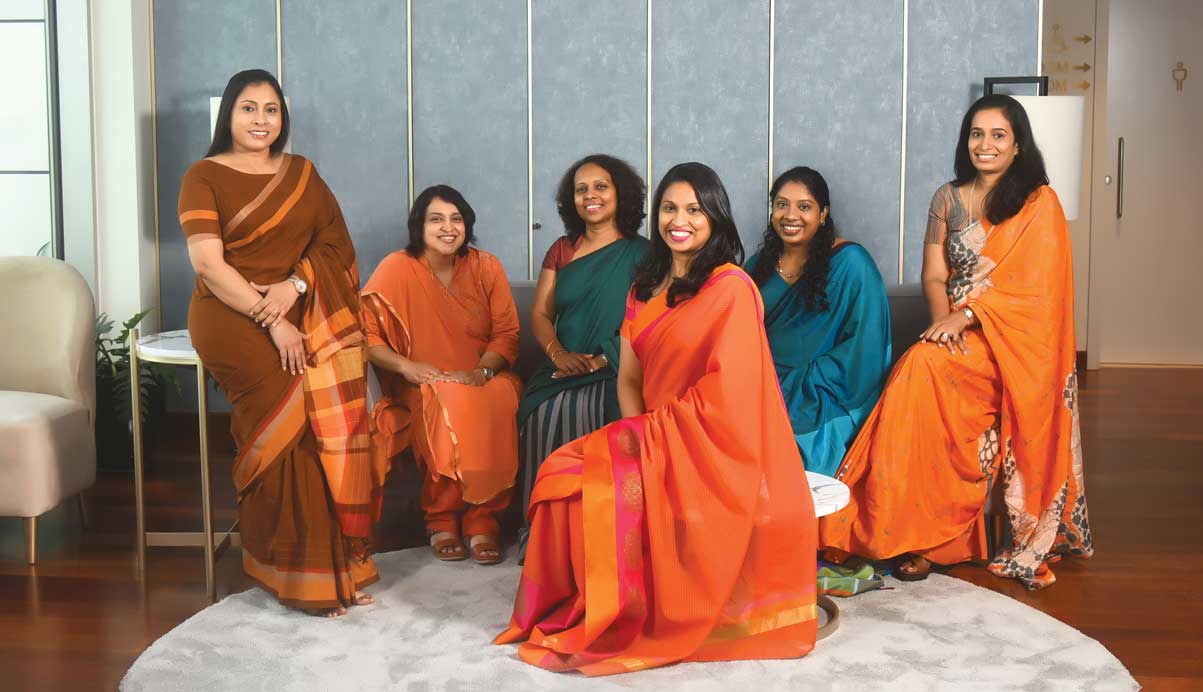
Q: What is your assessment of Sri Lanka’s journey regarding female empowerment?
Ishara Naufal: Sri Lanka has made progress on gender equality; however, societal norms that perpetuate gender stereotypes cause women to be underrepresented and discriminated against.
Societal expectations – such as women being primary caregivers, biases that prevent females from entering non-traditional industries and even the lack of effective reporting mechanisms on harassment – hinder Sri Lanka from progressing in its women empowerment journey.
At John Keells, through our Diversity, Equity and Inclusion initiatives under the ONE JKH brand, we address unconscious bias through structured discussions and awareness sessions, recruit women for non-traditional roles, provide employer supported childcare, conduct women centric training and mentoring programmes, and set gender parity goals.
Further, through the John Keells Foundation, with project WAVE (Working Against Violence through Education), we actively work towards addressing gender-based violence.
Vice President John Keells Group
Head of HR Operations – Cinnamon Hotels and Resorts
Vice President John Keells Group
CEO – Whittall Boustead (Travel)
Vice President John Keells Group
CEO – Lanka Marine Services
Vice President John Keells Group
Chief Financial Officer – Union Assurance
Vice President John Keells Group
Head of Human Resources – Consumer Foods Sector
Vice President John Keells Group
Head of Marketing – Jaykay Marketing Services
Q: How do you view the corporate climate from the perspective of women in business?
Nalika Abeysuriya: While there are inspirational women in leadership in Sri Lanka’s corporate sphere, there are sectors like destination management and tourism where female participation is low.
In tourism, work hours are long and often unpredictable; and there is a negative perception towards women working in hotels or conducting tours. Also, when you work extended hours, even the most driven women might find it challenging to put in time for personal development or networking, given that they’re expected to balance their family commitments.
Support from tourism related alliances and businesses, to promote agile working and employer supported childcare, is key to retaining women and supporting them to reach leadership positions. While a lot of work is being done, I feel the business climate needs to be more conducive to supporting females with talent and drive.
Anushka Weeraratne: The business climate has improved but there is certainly a lot more to be done. If we consider the transportation sector, there is low female participation. However, when I look at this segment today, compared to when I started 18 years ago, I find that there is more encouragement and focus on recruiting and retaining women.
At John Keells, we have women at supervisory levels handling port operations and women forklift operators working in our warehouses; and we have partnered with the University of Moratuwa to offer annual internships to undergraduates.
We have been making a conscious effort to provide opportunities for both genders, and now see traction of more and more women taking up the challenge of entering the marine and airline sectors, in addition to logistics, which was not the case in the past.
Within the local context too, we have embarked on many initiatives: the ‘HeforShe Awards,’ industry bodies like Women in Logistics and Transport (WiLAT) that pair senior women in the industry with those entering the workforce, and universities carrying out mentoring programmes to strengthen the pipeline of females being on-boarded.
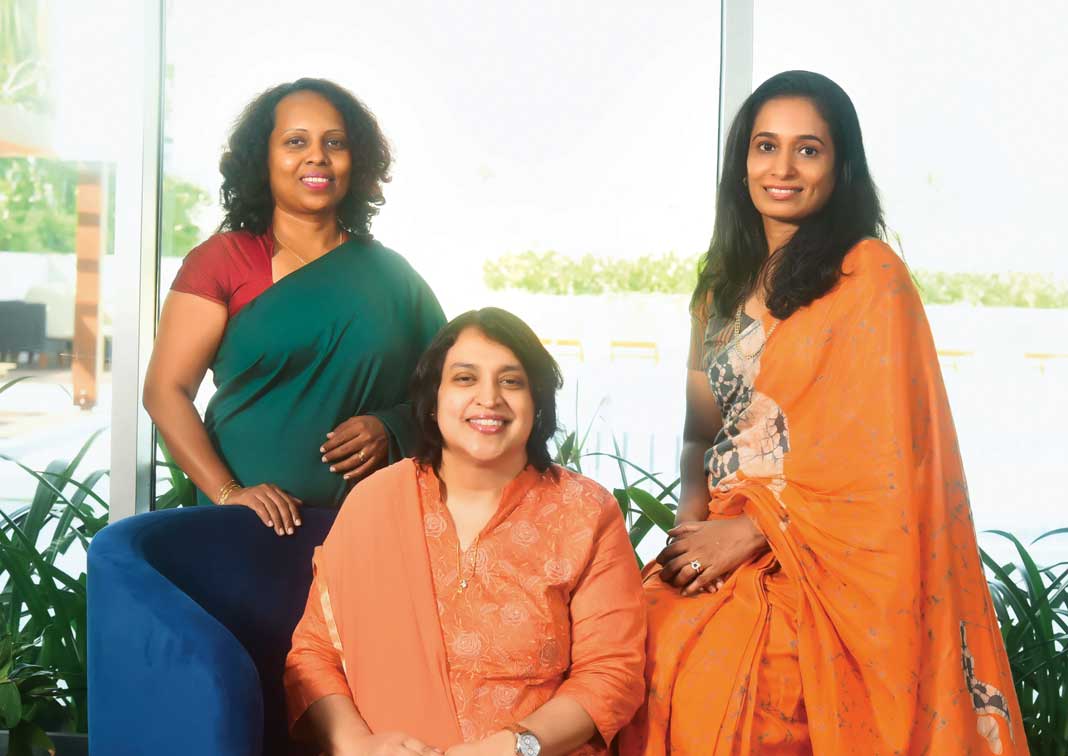
Q: In Sri Lanka, what challenges for women in business need more focus, in your opinion?
Asha Perera: One of the first initiatives under ONE JKH was to conduct a group-wide survey to understand issues that are perceived as challenges for female career progression from the eyes of both women and men.
The survey also asked women what motivates and inspires them towards building successful careers. These insights were used to address the specific challenges by implementing support mechanisms for women at different stages in their lives and careers.
When I started my career, there were no structured policies and processes on agile work arrangements as such. However, John Keells has always had an open communication culture where we could talk freely with our seniors. This helped me manage my work productively when my son was young.
With the organisation being larger and more diverse today, our diversity, equality and inclusion initiatives support young professionals, irrespective of gender, to achieve a better work-life balance.
Union Assurance has been a trendsetter in having the first female CEO in the insurance sector in 2003, and it continues to have women in leadership positions. Almost 50 percent of our workforce comprises females, and we have many success stories that validate our approach to addressing key challenges for women in business.
Q: How should we groom the next generation of female professionals?
Nisansala Paranayapa: For anyone to establish herself as a professional, having the right attitude – besides the prerequisite academic or professional qualifications – is very important.
Grooming anyone, irrespective of their gender, becomes much easier when they have the right attitude to be adaptable, agile, and willing to unlearn and learn.
Mentors and sponsors of females must encourage them to identify their potential – and support them to harness talent through their unique strengths and attributes – and guide them towards opportunities while making relevant openings available for them to self-explore. And their hard work must be recognised.
I firmly believe in and promote the grooming of young women to be confident to voice their opinions with conviction – especially when they bring innovative ideas to the table. They should be able to communicate effectively and present their ideas, and stay focussed on their goals.
In a dynamic organisation like ours, young professionals have the opportunity to learn from strong, assertive women in leadership, understand their capabilities and see the respect they have earned in the corporate sector. This also plays a vital role in motivating and inspiring young women to shatter the glass ceiling.
Nilusha Fernando: It is important to be intentional about stretched goals and development opportunities when grooming the next generation of female professionals. Formally pairing aspiring female professionals with mentors in a structured way where progress is monitored is also key.
At John Keells, there is a strong focus on women centric training, mentoring and coaching. I’ve had many female role models who inspired and indirectly groomed me, contributing to my growth. All business leaders, irrespective of their gender, should take ownership and be accountable as role models to young professionals – especially young women.
Q: In which ways are companies promoting female leadership?
Nilusha Fernando: In retail, most decision making is done by female consumers – so it makes business sense to have women in our decision making teams. Across Keells outlets, 49 percent of our teams comprises women, including outlet managers and even in non-traditional roles such as meat counter supervisors.
This did not happen overnight. In the recent past, at store level, we’ve pursued an unbiased hiring policy where we tore down gender stereotyping and recruited women into nontraditional operational roles, giving them the skills required to reach supervisory and leadership positions.
Across John Keells, through our ONE JKH initiatives, we are building a strong pipeline of women leaders, not only through mentorship and board level training but via data analytics, to understand the gender breakdown of each level and job function for more informed succession planning.
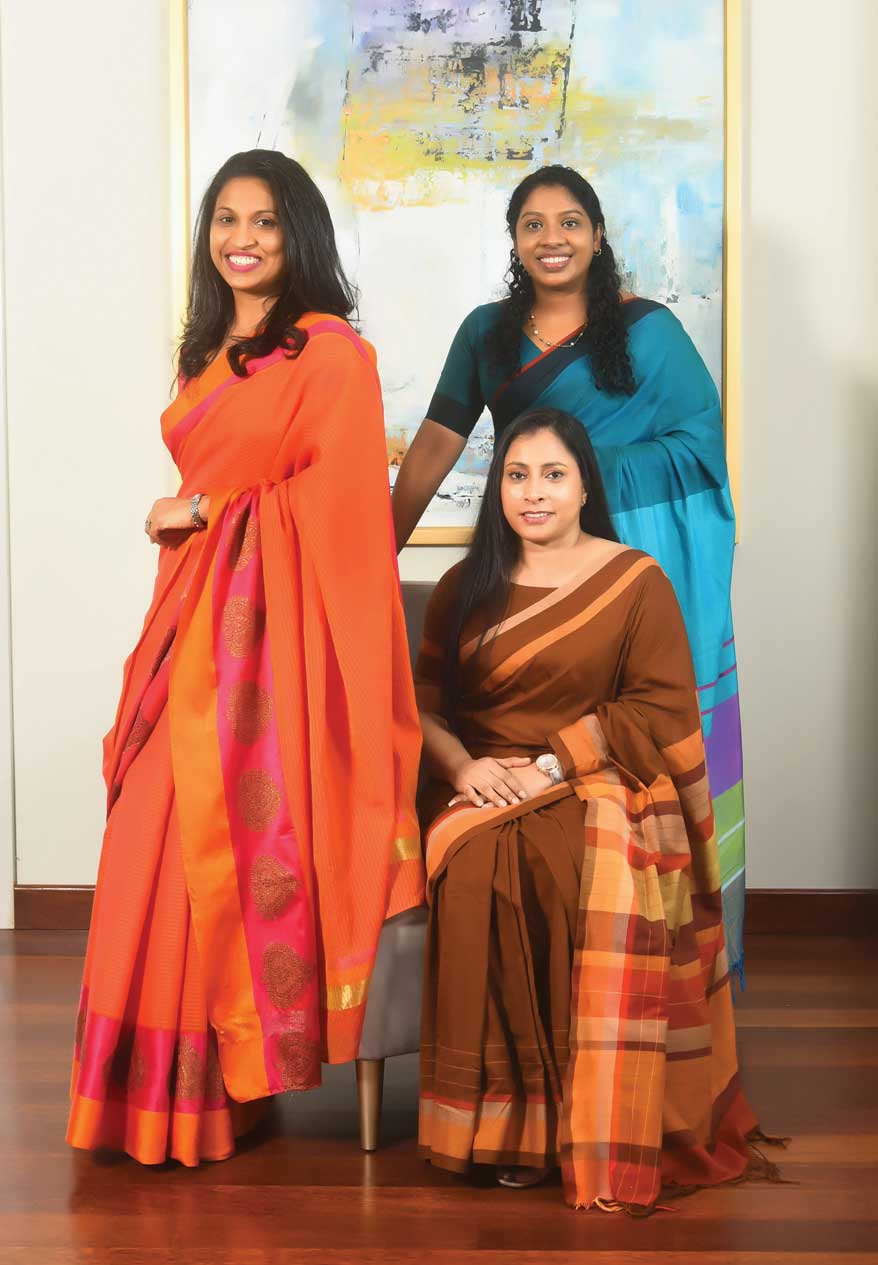
Q: Do you believe that women are being supported to maximise their potential?
Ishara Naufal: With the launch of the ONE JKH initiative in 2020, all our diversity, equity and inclusion initiatives were consolidated. These activities focus on levelling the meritocracy playing field towards also being a true equal opportunity employer.
Through awareness sessions on addressing unconscious bias – together with our agile working arrangements, childcare facilities and mentoring initiatives – a lot of support is offered to women to reach their true potential.
With these initiatives coming to fruition, I am proud to see women participation increase at Cinnamon across operations, engineering and maintenance roles.
Nalika Abeysuriya: While having equal access to development prospects, and a caring and supportive culture, there is an onus on each of us to seek opportunities, join mentoring programmes, develop ourselves continuously, push boundaries and emerge from our comfort zones to reach our highest potential.
In this journey, I believe it is all about managing the challenging situations that unfold before us by confidently taking control.


